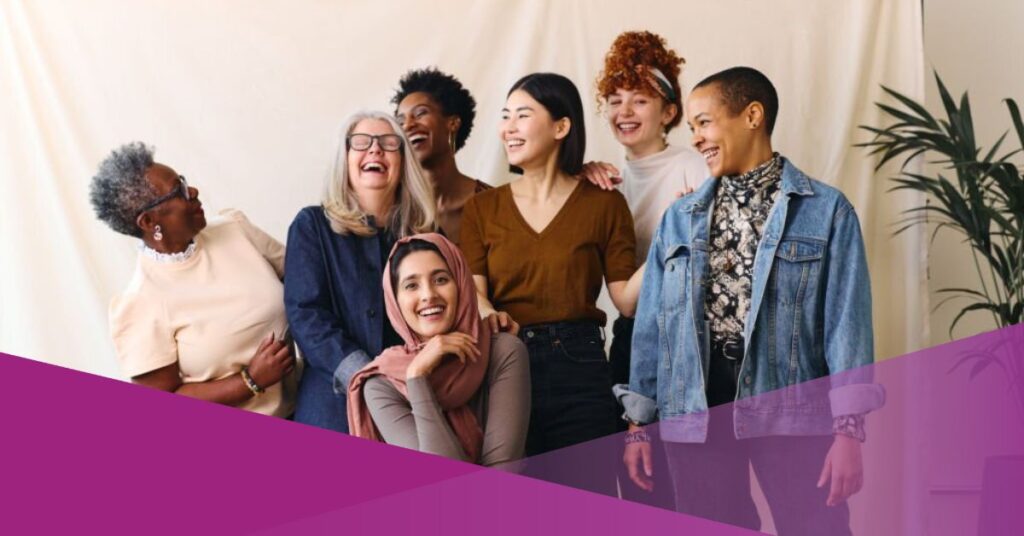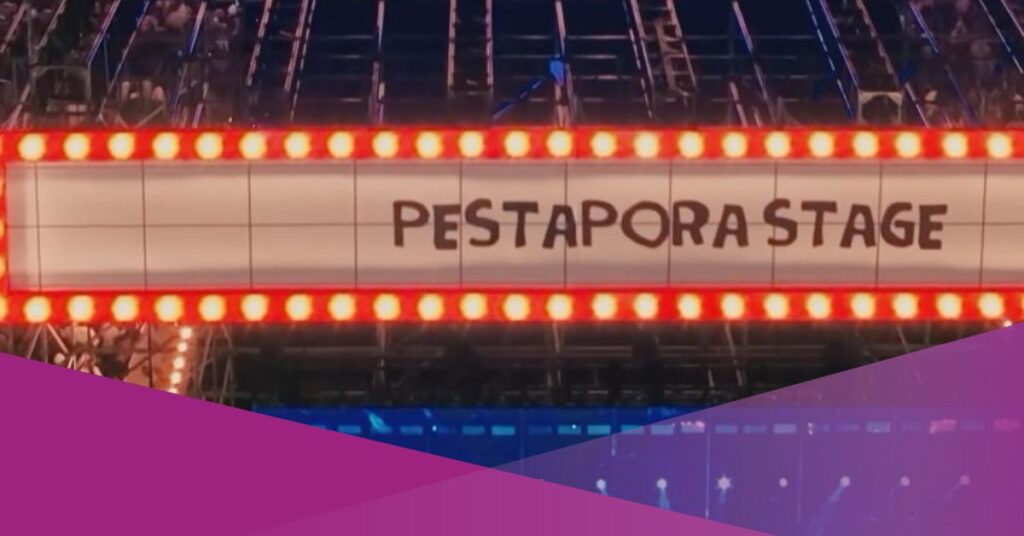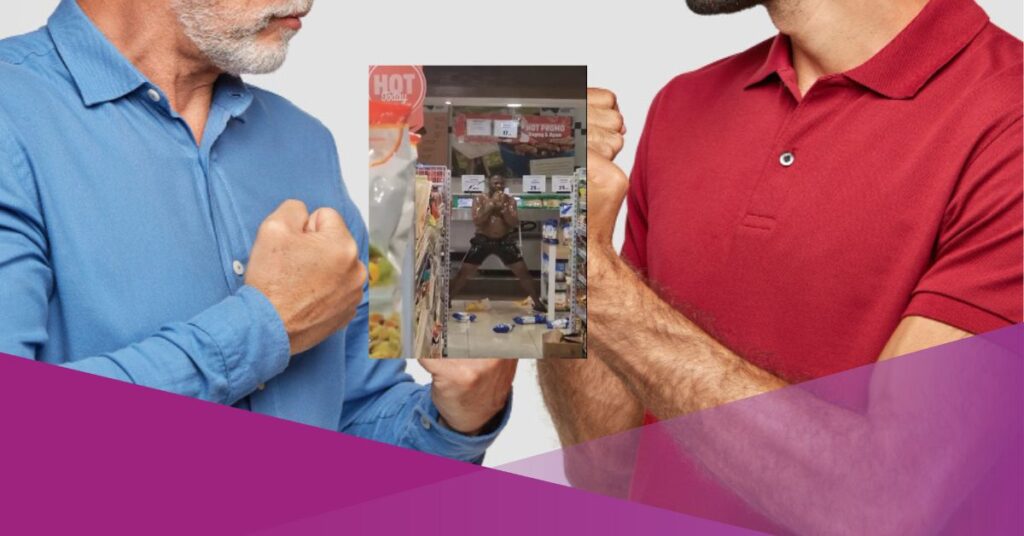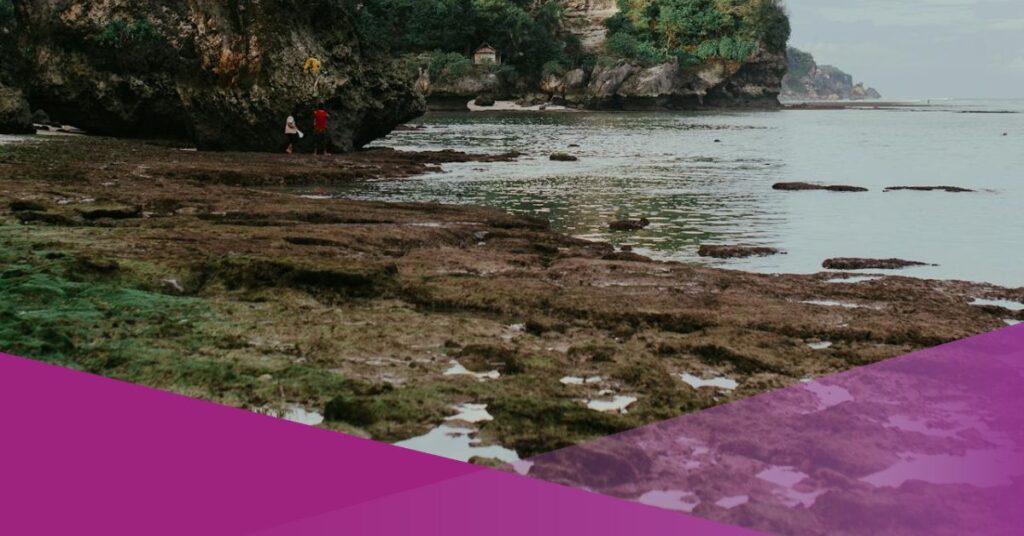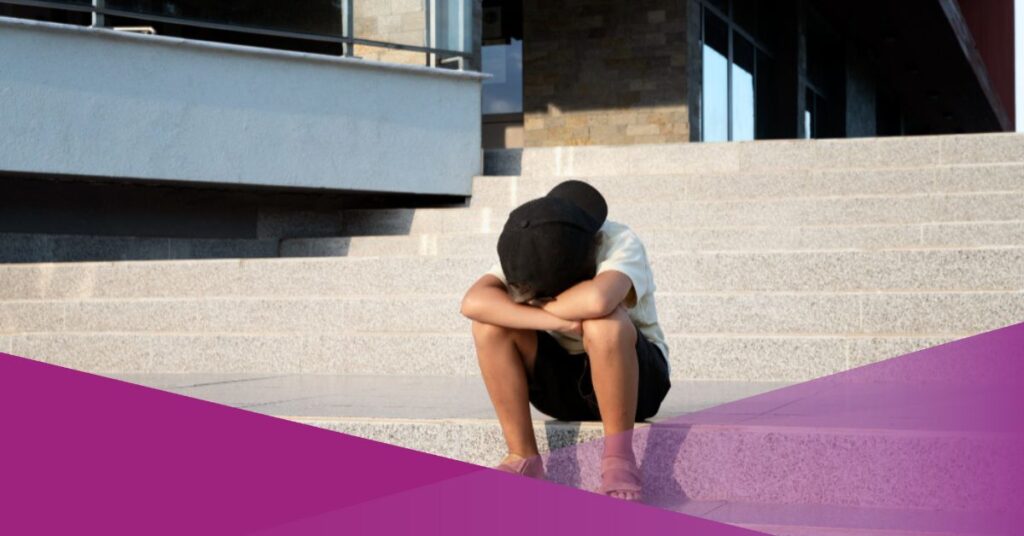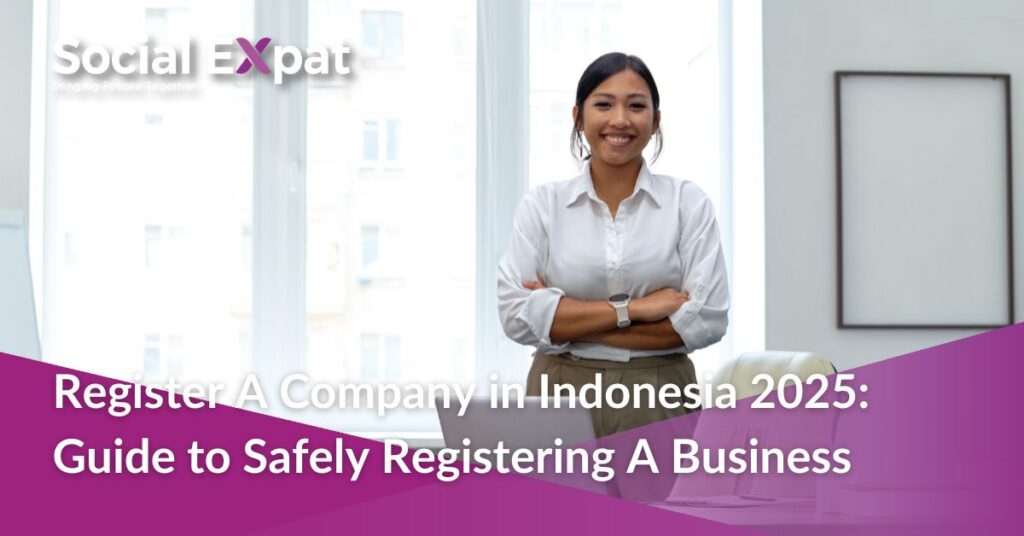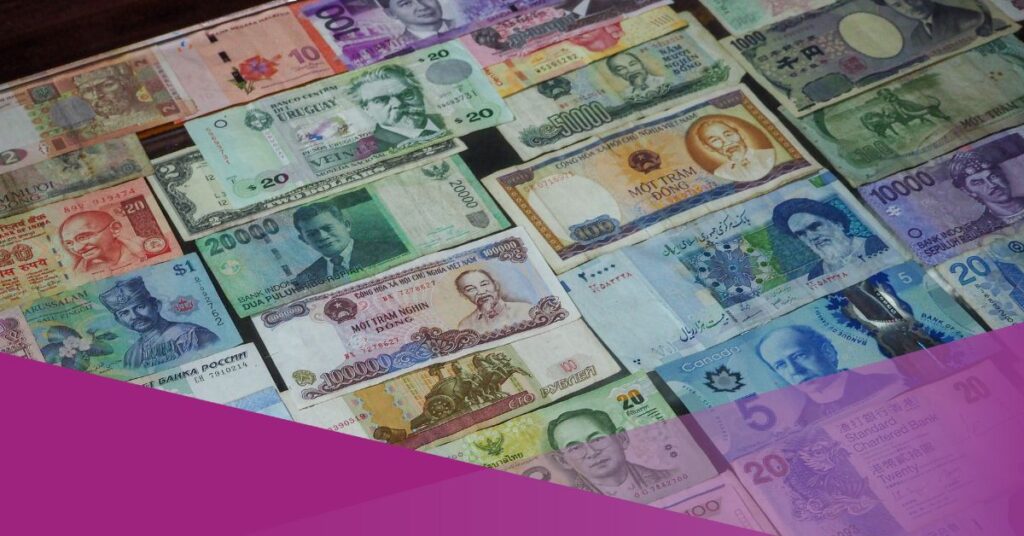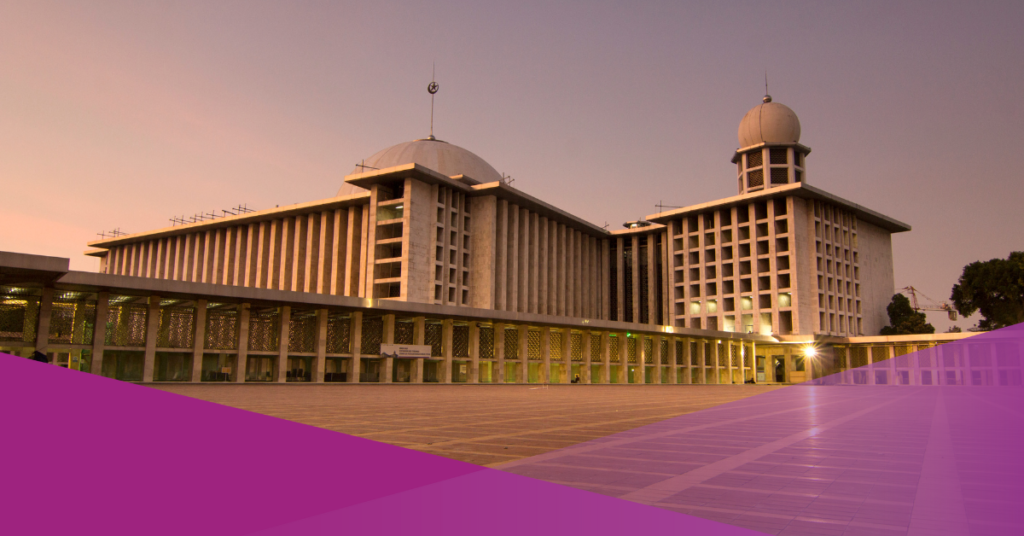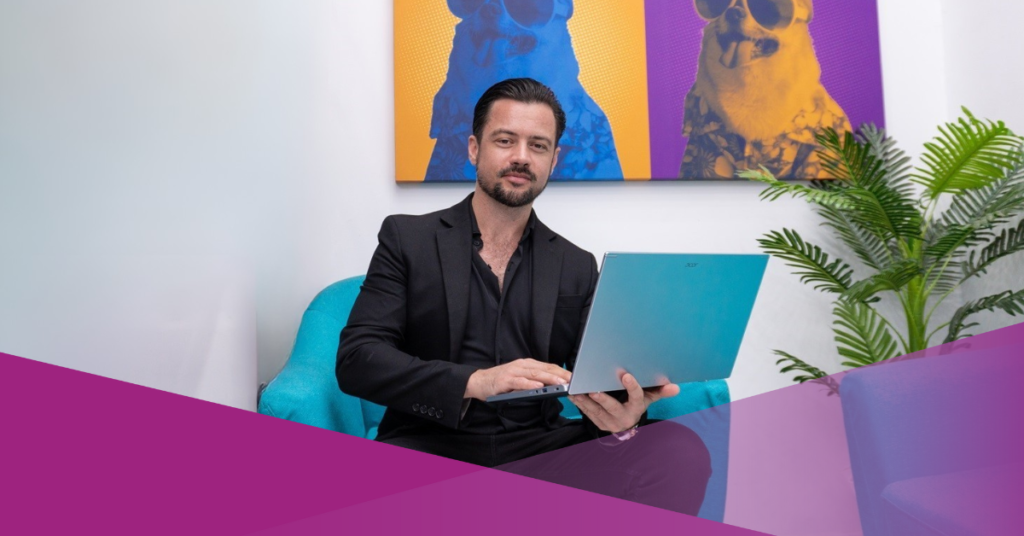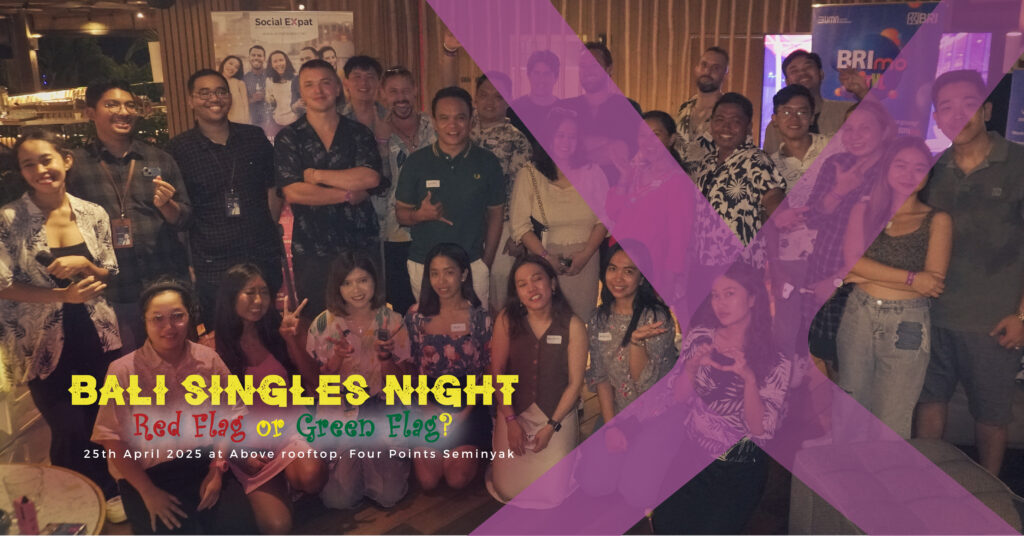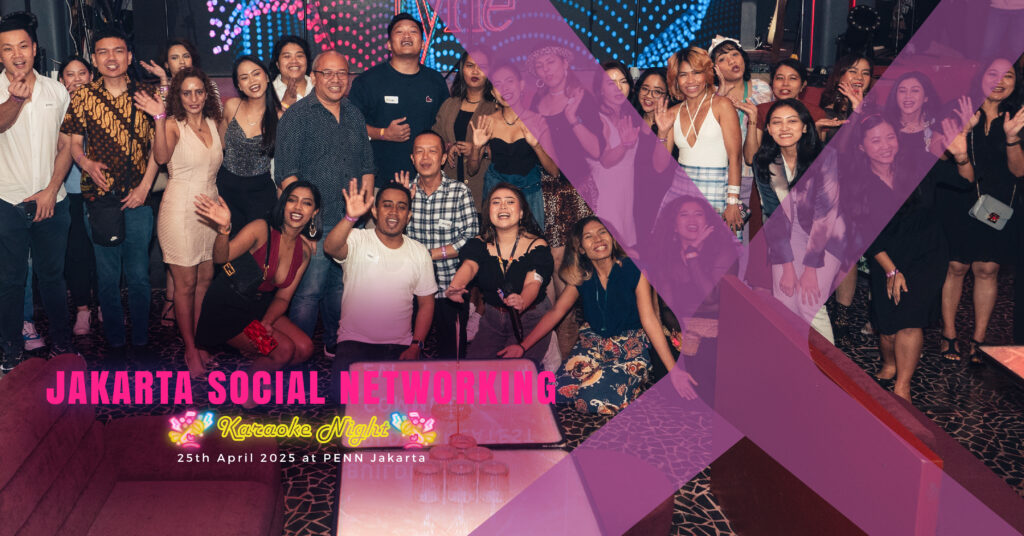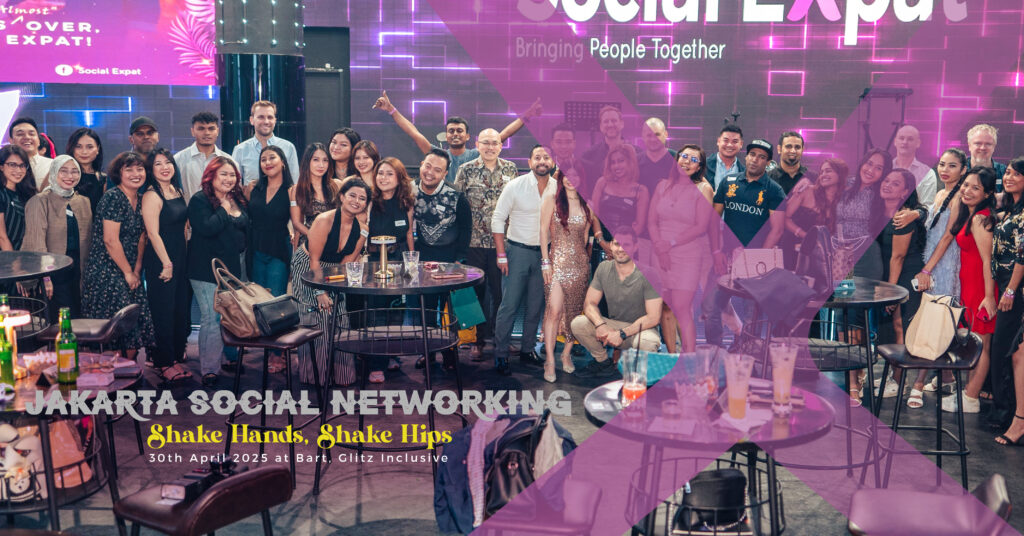About 250 women and disabilities in Bali, had the opportunity to be trained in Information Technology (IT) and green entrepreneurship for one year in the Ready to Work program.
The program, which is supported by the Citi Foundation, will have the opportunity to work in the Digital/Information Technology (IT) sector and green entrepreneurship.
The program focused on soft skill and technical skill training, as well as mentoring young people by strengthening vocational institutions or schools and local communities including Denpasar City, Badung Regency, and Karangasem Regency.
Citi Indonesia Director and Country Head of Corporate Affairs, Puni A. Anjungsari, said that increasing the economic capacity of the younger generation is increasingly needed during the post-pandemic economic recovery period.
“We see the enormous potential of the digital sector and sustainable or green businesses in Bali. Since Bali is one of the main tourist destinations, the largest contributor to the tourism industry, and the largest creative economy in Indonesia,” said Anjungsari.
Director of Resources and Mobilization of Plan Indonesia, Linda Sukandar, stated the foundation that initiated the project intends to support the provision of access for marginalized groups, in this case, women and disabilities, so that they are equal in obtaining support to develop capabilities and access to social facilities.
“The focus is on two things, namely green entrepreneurship and access to the labor market in the digital or Information Technology (IT) sector. There is digital UI/UX knowledge, digital marketing, and much more,” said Linda after opening the Ready to Work program which will run until September 2023.
Linda said that this activity could be attended by young people in Bali, specifically Denpasar City, Badung Regency, and Karangasem Regency with an age range of 16-29 years, with 60 percent priority for female participants.
Future Generation in Bali
In Bali, women and people with disabilities have less access to education and opportunities in the market. The Plan Indonesia study shows that 89% of the 47 companies do not have female IT workers.
Other reports also state that the number of sustainable businesses is still relatively low, despite increasing job opportunities in the renewable energy sector and efforts to protect the environment in Bali.
Therefore, the integration of green, sustainable and digital approaches can enhance the value proposition for businesses in Bali.
Also Read: The Peak Tourist Bali is Predicted to Rise Till New Year
“The participants who have been selected to take part in IT and green entrepreneurship training will receive assistance with access to funding in carrying out their projects,” said Ready to Work Program Manager, Dini Arifah.
Dini explained that her party did not want to just give funds to young people, but had another approach through financial literacy and management assistance.
“We are working with the Citi Foundation so the focus is on financial literacy, children will be provided with it. For example, they have a mini project and need funds, we will help them later but they will be assisted so they don’t manage it themselves,” said Dini.
Dini said that the Citi Foundation itself will support Plan Indonesia as long as this project takes place on the Island of the Gods, along with other partners.
The implementation of the Ready to Work training, she said, would be divided into several stages, with the first quarter doing a lot of communication and assessment.
“We have an e-learning module, Plan Indonesia is collaborating a lot with the ministry to build the learning module, study for 3 months accompanied by a facilitator trainer, then strengthen it in mentoring, that’s what we are strengthening,” she explained.
Dini admits that nothing can guarantee that all participants will get a job after the training, but what she emphasizes is building the confidence of young people, especially women and people with disabilities, and later Plan Indonesia will assist in opening access to company partners. Also, the Ready to Work program is targeted to produce 70 new Micro, Small, and Medium Enterprises (MSMEs) by the marginalized younger generation
